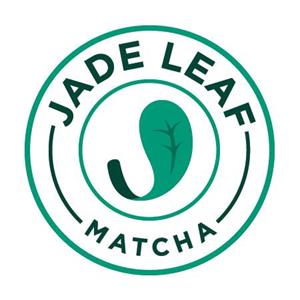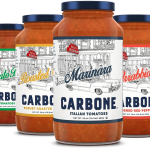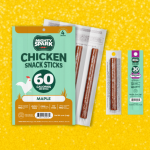The Checkout: Jade Leaf Matcha Acquired; PepsiCo Accelerator Focuses on Food Tech
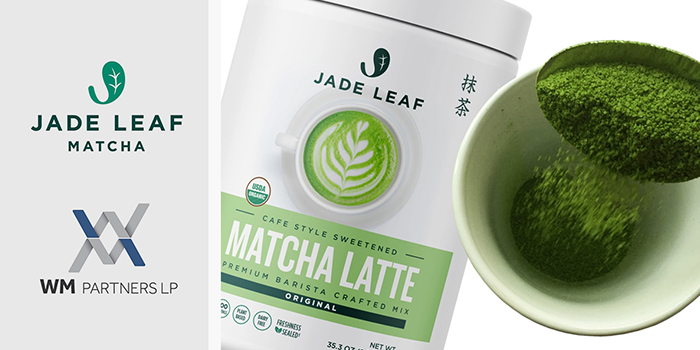
WM Partners Acquires Jade Leaf Matcha
Florida-based private equity firm WM Partners this week announced its acquisition of matcha tea maker Jade Leaf, its third acquisition from its HPH II Investments Master Fund (HPH II). Terms of the deal were not disclosed.
Founded in 2014 by Will Cowthers and Marc St. Raymond, Seattle-based Jade Leaf offers a wide portfolio of Japanese organic matcha products with a sourcing network: the Kizuna Tea Collective, composed of family-run tea farms across Japan. Its products are sold at retailers including Target, Walmart, Whole Foods and Sprouts, and are also available through foodservice distributors.
Cowthers said in a press release the partnership with WM partners would take the brand “to the next level” through its “operational experience and networks in the health and wellness industry.”
Jade Leaf joins two other brands in HPH II’s portfolio: hydration brand Ultima Replenisher, acquired in 2019, and collagen brand Great Lakes, acquired last summer. The matcha maker will be consolidated into a new functional foods holding company, with the aim of forming a company that “create[s] synergies across complementary brands.” According to WM Partners, HPH II is focused on “lower-middle market companies” within the health and wellness category, particularly functional foods, natural personal care and over-the-counter remedies.
“We are excited to work with the Jade Leaf team and implement our value creation toolkit to help take the brand to the next level of growth, as well as capture operational and commercial synergies with our existing portfolio of brands,” Jose Minski, co-founder of WM Partners, said in a press release.
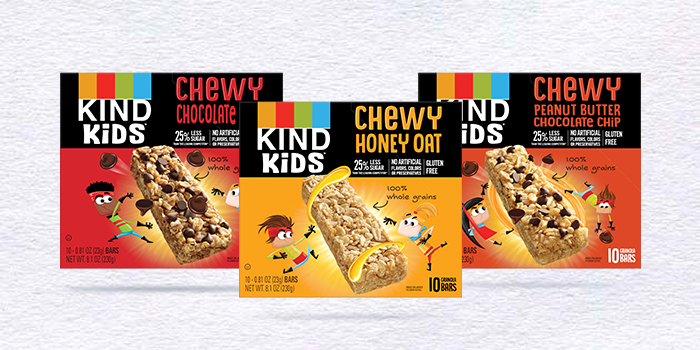
KIND Updates Kids Packaging as Part of Racial Inequality Commitments
KIND announced this week a new partnership with the National Collaborative for Health Equity, rolling out several new initiatives to address inequality facing BIPOC communities.
As part of these new commitments, the brand released updated packaging for its KIND Kids bar line, now featuring cartoon children with a wider range of skin tones. The new packaging will be rolling out in retailers and online early this year, according to the company. It also launched its second annual KIND Equality Bar as part of the partnership, with packaging showcasing diverse silhouettes, and will donate one million of these bars to food insecure communities.
In addition to the new products and packaging, KIND has donated $100,000 to racial justice organizations such as the NAACP Legal Defense Fund and will fund $100,000 in student scholarships at two historically Black universities: Florida A&M and North Carolina A&T State Universities, according to a press release.
“People of Color have been disproportionately exposed to long-standing inequalities rampant across our healthcare system, economy, and society,” KIND founder and executive chairman Daniel Lubetzky said in a press release. “Overcoming these challenges will require all of us to deepen our commitment to standing up against injustice and taking stock of our own actions, big or small, each day. As a global brand and movement, KIND has an even greater opportunity and responsibility to make an impact.”
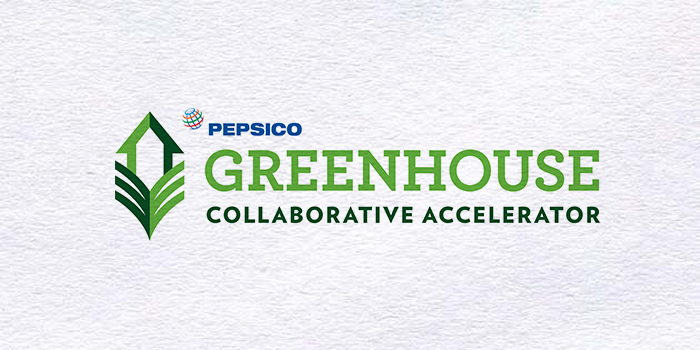
Fifth Annual PepsiCo Accelerator Turns Focus to Food Tech
After previously focusing on CPG food and beverages drinks, the fifth annual global PepsiCo Greenhouse Accelerator program turned its focus to supporting innovation by companies in food science and technology companies. The snack and beverage giant unveiled the 10 finalists joining its annual mentor program earlier this week, a group that will “help PepsiCo stay close to evolving consumer tastes and preferences,” according to a press release.”
Previous iterations of the accelerator program, which launched in Europe in 2017 and in North America in 2018, have aimed to support emerging brands and entrepreneurs, with finalists including such as Siren Snacks, Wildway, Rule Breaker Snacks and Love Corn. Past winners include sweet potato puff brand Spudsy and zero-sugar kids beverage maker Hapi Drinks.
Finalists in this year’s program hail from across the world and offer innovation in areas such as functional foods, pregnancy nutrition, cognitive health and microbiome healthcare. The finalists include San Francisco’s BioLumen, Sweden’s Carbiotix AB, Ireland’s Seqbiome and India’s Biosustain Labs. The companies in this accelerator class iteration were selected based on their “ability to offer ingredients, products or services that encourage a healthy lifestyle and enable health management and wellness on a global scale.”
“We’re excited to evolve our Greenhouse Accelerator program to new areas including cutting-edge science and technology,” said Daniel Grubbs, managing director, PepsiCo Ventures Group in a press release. “We have a lot to learn from this group and look forward to collaborating closely with these 10 innovators who are changing the game through personalization, emerging technologies, and unique services and ingredients.”
Each participant in the six month program will receive a $20,000 grant along with mentorship from PepsiCo experts in the areas of R&D, supply chain and packaging design. The winner, set to be named in June, will be awarded $100,000 to fuel growth.
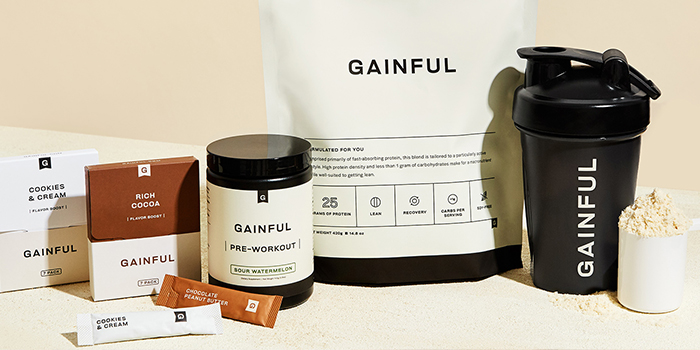
Gainful Secures $7.5M to Support Product Expansion
Sports nutrition brand Gainful closed a $7.5 million investment round, the company announced this week, which will be used for new product development. The round was co-led by BrandProject and Courtside Ventures, with participation from AF Ventures, Round13 Capital, Barrel Ventures and Luis Correia, founder of global sports agency Polaris Sports.
Gainful was founded by friends Eric Wu and Jahaan Ansari in 2017 in order to address “confusion and skepticism navigating the world of supplements,” Wu said in a press release. The brand offers a selection of personalized whey and plant-based protein powders, matching consumers to the right product through a quiz asking about height, weight, exercise habits and fitness goals. The brand also recently expanded beyond protein, launching a new electrolyte hydration mix line. In order to purchase this new product line, consumers must first sign up for have a subscription for its protein powder, with plans starting at $39.
Courtside Ventures partner Deepen Parikh said in a press release that Gainful appeals to two significant trends in the sports nutrition category: “the broadening of the definition of an athlete and accessibility to true personalization of ingredients and products.”
“The incredible team at Gainful has and continues to dispel the notion that sports nutrition products are only for those people who live in the gym,” he said. “Rather they are focused on the everyday fitness enthusiasts who want to take something that helps them achieve their goals but is personalized specifically for them.”
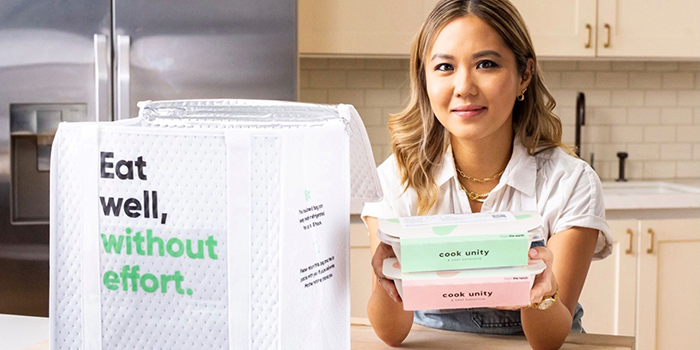
CookUnity Raises $15.5M to Expand Reach
To support plans to expand across North America, New York-based meal subscription platform CookUnity announced the close of a $15.5 million funding round.
The investment round was led by Fuel Venture Capital, and founding partner and managing director Jeff Ransdell has joined CookUnity’s board of directors as part of the deal. New and existing investors also participated in the round, including IDC Ventures, who led the brand’s previous seed round. The recent investment brings the company’s total capital raised to $23 million.
Founded in 2018, CookUnity is a chef-to-consumer platform, enlisting chefs to create a menu of over 300 meals delivered to consumers through a weekly subscription, enabling chefs to avoid being “constrained by the capital, capacity and geographic limitations of a restaurant,” according to founder and CEO Mateo Marietti.
CookUnity will use the funding to grow its reach beyond the East Coast, opening two new kitchens in Los Angeles and Texas. The company added 12 new chefs to its team in the past year, and by mid-2022 aims to grow the team to 150 across its three kitchens.
“We want to put chefs back in the center of the food universe, and answer the demand for an elevated at-home dining experience,” Marietti said in a press release. “Over the next 18 months, we expect to rapidly expand our talent pool of chefs and contribute to what we see as the future of food.”

